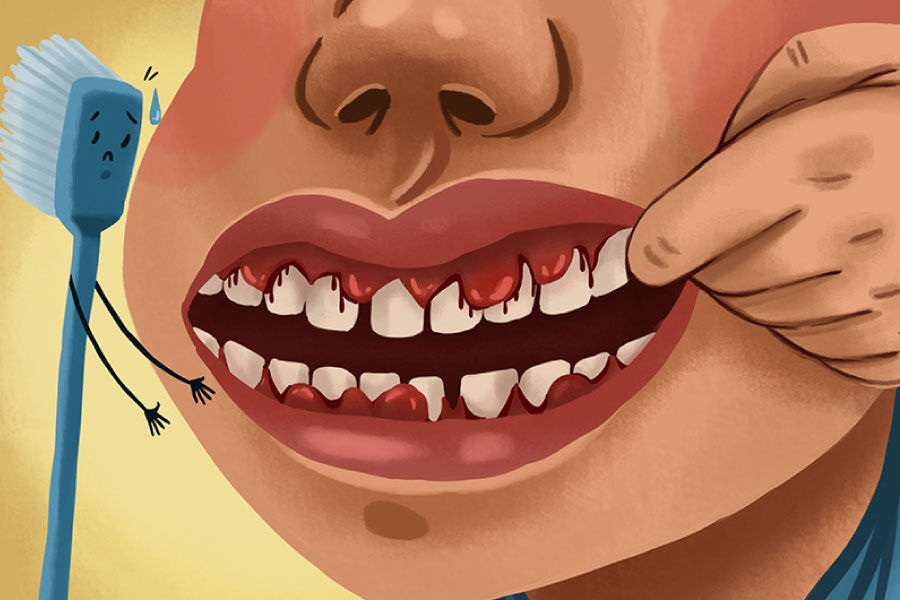An Overview of Dehydration: Causes and Effects
- Nguyen Myna
- Jul 3, 2024
- 2 min read

Background
In clinical terms, dehydration results from the loss of bodily fluids that occurs when they are depleted at a greater rate than can be recovered. When the ratio of fluid intake and excretion is disproportionate, proper body function is obstructed [3].
The molecular structure of water is highly polarized, which means it attracts charged segments of other polar molecules [4]. This process partially separates molecules to dissolve all types of substances, making water a comprehensive solvent. For example, water is used by the kidneys to dissolve waste products from blood. Furthermore, water also manages body temperature, supports food digestion, “and helps regulate the acid-base balance” [2]. Water aids in essential processes needed by the human body to operate, so staying hydrated is one of the best ways to better one’s health.
Causes and Symptoms
Fluid loss can happen during fevers, or when not enough water is consumed, and in the form of excessive vomiting, sweating, or urinating. These causes of dehydration lead to effects that manifest differently in adults and young children. Mild symptoms in adults include:
Feeling very thirsty
Dry mouth
Urinating and sweating less than usual
Dark-colored urine
Dry skin
Feeling tired
Dizziness
In children, they are:
Dry mouth and tongue
Crying without tears
No wet diapers for 3 hours or more
A high fever
Being unusually sleepy or drowsy
Irritability
Eyes that look sunken
However, when it is severe, dehydration can be life-threatening. If the additional symptoms of fainting, shock, confusion, rapid breathing, and rapid heartbeat are observed, medical attention is recommended [1].
Treatment Options
Light cases of dehydration can be treated by drinking water and sports drinks to replace the lost fluids and electrolytes, while cases where medical attention is necessary may involve intravenous (IV) fluids. The preventative measures are similar to dehydration treatments regarding the intake of fluids. In hot weather or during exercise, drinking an excess of water is encouraged. Avoiding highly caffeinated and sugary drinks can also counteract dehydration [1].
1. Medline Plus. (2023, December 29). Dehydration. Medlineplus.gov; National Library of Medicine. https://medlineplus.gov/dehydration.html
2. Shaheen, N. A., Alqahtani, A. A., Assiri, H., Alkhodair, R., & Hussein, M. A. (2018). Public knowledge of dehydration and fluid intake practices: Variation by participants’ characteristics. BMC Public Health, 18(1), 1–8. https://doi.org/10.1186/s12889-018-6252-5
3. Thomas, D. R., Cote, T. R., Lawhorne, L., Levenson, S. A., Rubenstein, L. Z., Smith, D. A., Stefanacci, R. G., Tangalos, E. G., & Morley, J. E. (2008). Understanding Clinical Dehydration and Its Treatment. Journal of the American Medical Directors Association, 9(5), 292–301. https://doi.org/10.1016/j.jamda.2008.03.006
4. Villareal, M. R. (n.d.). Water, the Universal Solvent | U.S. Geological Survey. Www.usgs.gov. https://www.usgs.gov/special-topics/water-science-school/science/water-universal-solvent#:~:text=Water%20molecules%20have%20a%20polar
Assessed and Endorsed by the MedReport Medical Review Board






